Can you feel the fascism yet? You ought to by now, more than a week after Britain leaving the EU. So many people warned us of this moment.
There was the former journalist Paul Mason, who claimed to see crowds of fascists thronging the streets of London. The former Labour spin doctor Alastair Campbell became so disturbed by our national turn that at one stage he dressed up in a sort of regimental uniform and sang a song about Boris Johnson and Dominic Cummings.
And then there was the cruelly titled Lord Adonis. The once-sensible former Blairite schools minister spent recent years so apparently worried about the dangers of Brexit that he became not just hysterical but homosexual too. It has been a disturbed few years for these, among other, people.
Still, anyone hoping for some diminution of the fascism sirens will have been disappointed by events over the past week.
On 1 January, the day after Britain left the EU, the New York Times led with a piece by one Peter Gumbel titled ‘Britain has lost itself’. In recent years the NYT has had a strange jihad against Britain. It will haul people off the streets to contribute to its pages so long as they recount a UK riven by modern poverty and fascism. Kicking off the paper’s new year, Gumbel asserted his credentials by stating that his grandparents fled Nazi Germany in 1939 and found sanctuary in Britain. Though he himself resides in France and has now sought citizenship in Germany, he found a political use for his late grandparents. He claimed that they ‘would be heartbroken to see [Britain] today. Inward, polarised and absurdly self-aggrandising’.
Continuing to use his dead relatives as a mouthpiece for his political prejudices, Gumbel said: ‘I mourn the passing of the country that was my family’s salvation.’ Personally, if I had avoided Auschwitz I might regard Britain’s membership or exit from the Common Market with a degree of equanimity. And, of course, if Britain had never possessed a sense of its own self-worth and uniqueness then there may not have been any Holocaust survivors for the New York Times to try to use against us seven decades on. But perhaps that is a debate for historians.
Instead it was picked up by Dan Snow, the hereditary TV presenter who goes under the somewhat presumptuous moniker ‘The History Guy’. On 1 January, as the Johnson junta tightened its grip, Snow tweeted: ‘75 years ago, after history’s bloodiest war, with its unimaginable brutality, a generation of survivors tried to prevent future war by building institutions to curb assertions of national sovereignty. The UK forged that. Now we help to dismantle it. Brexit is a tragedy.’
I never had any special admiration for Snow’s analytical skills. A few years ago, when the commemorations for the centenary of the first world war were going on, he seemed — for four years that appeared to go on longer than the war — to be absolutely everywhere. True, he had quite nice hair, and has demonstrated an ability to marry upwards, but I never could see why that meant he should become a representative of the dead of the Great War.
Why do I relay these calumnies? Only to register that the more they occur, the less willing I feel to allow anybody to use history against me or my country. To draw facile lessons — perhaps any lessons — from history is becoming ever more aggravating to me. For this reason, in recent months, I have become increasingly worried about the ugly Holocaust memorial that the government plans to erect in Victoria Tower Gardens, right beside the Houses of Parliament. The scheme, announced several years ago, now looks certain to be pushed through, despite the fact that the UK already has many excellent and informative Holocaust memorials.
The more you study the plan, the clearer it becomes that the putative project will not be a memorial but a political project. There are many aesthetic and planning grounds to object to the proposed memorial. But personally I object to what I know its erection will portend. Naturally it will be an extension of that way in which German war guilt keeps being spread across Europe and indeed the whole western world — as though we all did it, or were capable of doing it, as cheap would-be historians keep insisting.
Yet even that will not be the sum of what the proposed building will likely teach. For it is also due to be — dread term — a ‘learning centre’. And as David Cameron said when he announced the project back in 2016, it is due not only to teach the ‘lessons’ of the Holocaust but also ‘British values’. What are the chances those values would include national pride, self-determination, doggedness in the face of all opposition, or a willingness to walk against the international flow of your time? More likely the focus will be on how Britain did not let in enough Jewish refugees in the 1930s. And since no one likes an unhappy ending, it will stress how we have made up for this in the years since by taking in millions of economic migrants from across the third world — something which we must obviously continue to do.
Fortunately a growing number of Holocaust survivors are speaking out against the Westminster project. But as they die out, their descendants like Gumbel and others like Dan Snow will step forward to presume to tell us what the slaughter of six million Jews means. They will instruct us on what lessons to take from it, and say what we must and must not do because of it.
Personally, whenever the 1930s, fascism, the Holocaust and what to think about all of this comes to mind, I am increasingly reminded of nothing so much as a phrase from Paul Valéry. ‘Le simple est toujours faux. Ce qui ne l’est pas est inutilisable.’ Everything simple is false. That which is not is unusable.
Got something to add? Join the discussion and comment below.
Get 10 issues for just $10
Subscribe to The Spectator Australia today for the next 10 magazine issues, plus full online access, for just $10.
You might disagree with half of it, but you’ll enjoy reading all of it. Try your first month for free, then just $2 a week for the remainder of your first year.


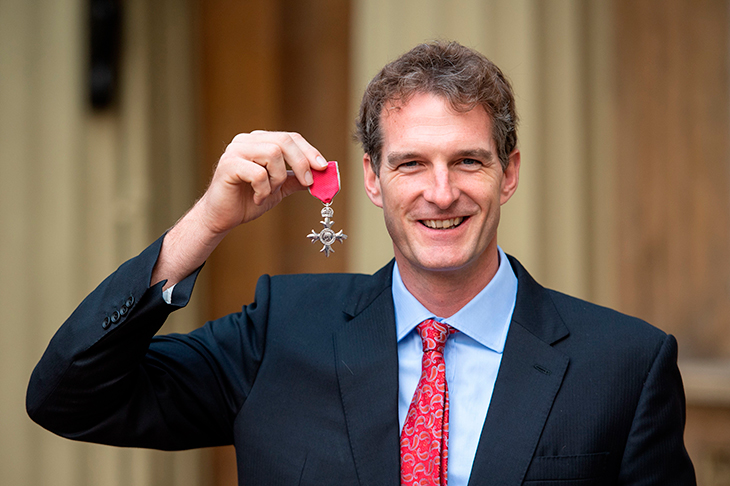
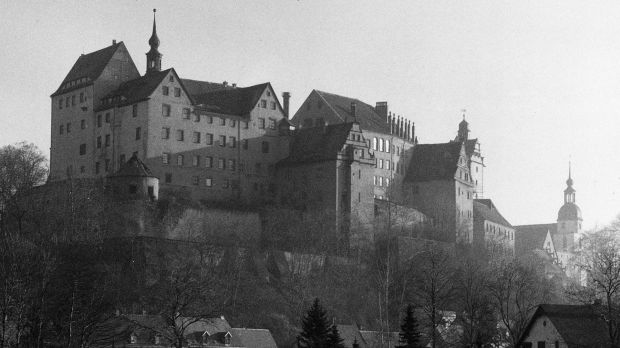

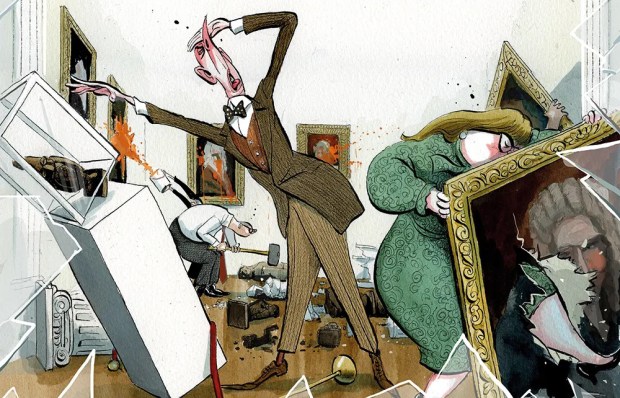
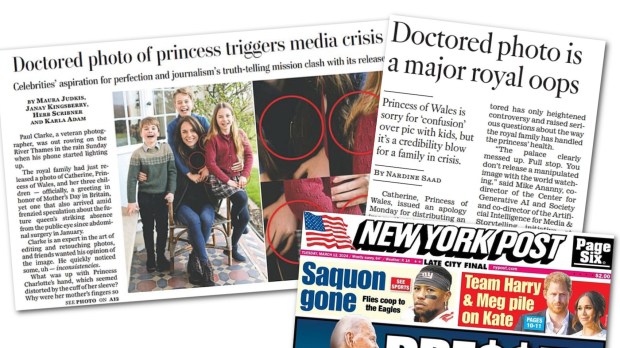

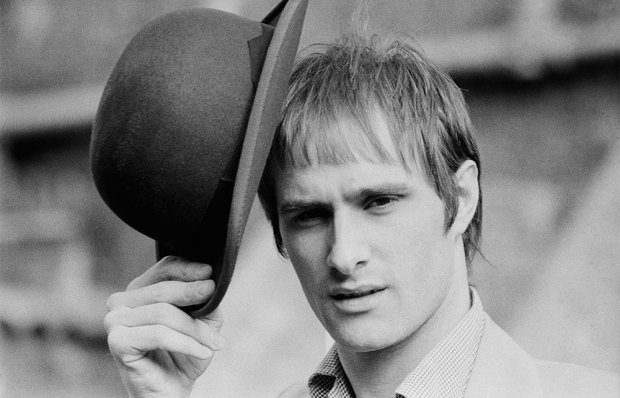






Comments
Don't miss out
Join the conversation with other Spectator Australia readers. Subscribe to leave a comment.
SUBSCRIBEAlready a subscriber? Log in